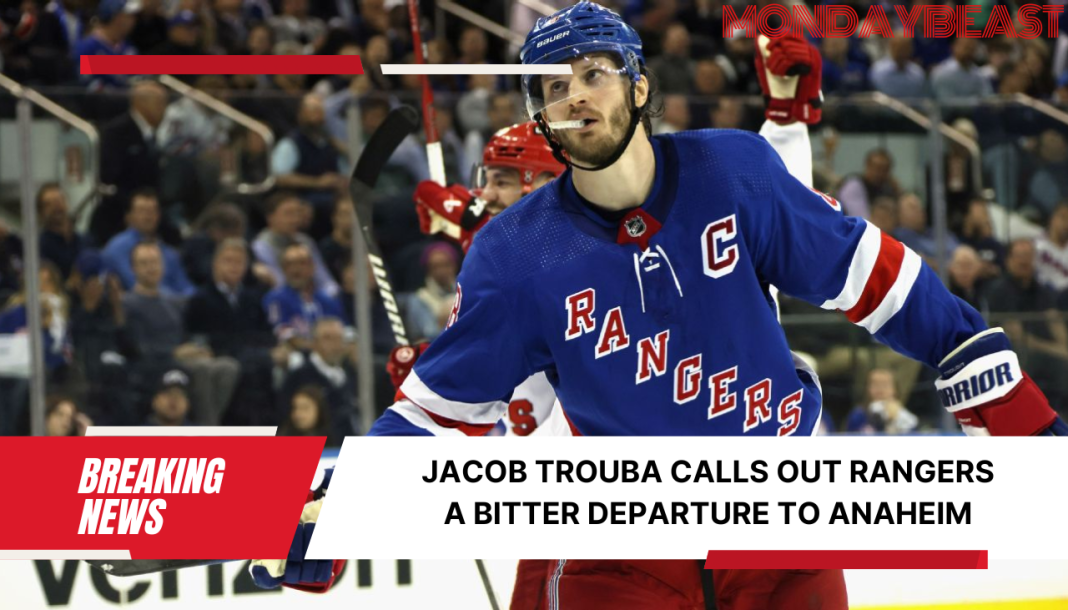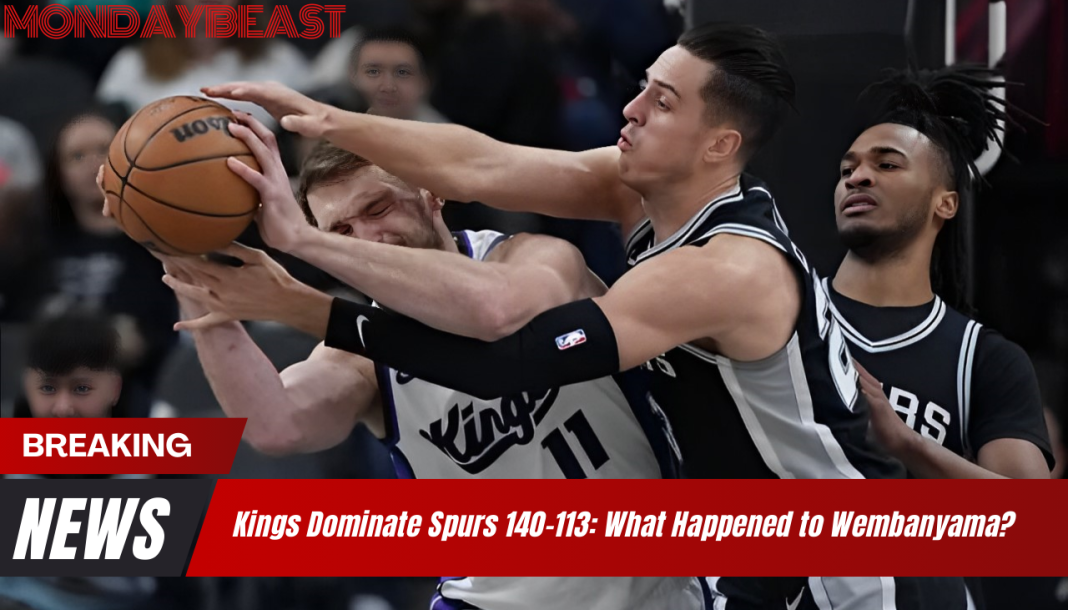Jacob Trouba has made headlines after his trade to the Anaheim Ducks, and not just for the change of scenery. His remarks about the New York Rangers reveal a lot about the turbulent world of sports and the impact of public speculation. Trouba’s frustrations paint a vivid picture of what it means to be a captain caught in the crossfire of an ongoing trade saga.
The defenseman didn’t hold back when discussing how the trade unfolded. “I wasn’t really thrilled with how it went down. In my opinion, things could have been handled better,” he shared. His candidness shines a light on the emotional struggles athletes face behind the scenes.

At 30 years old, he felt the weight of being both a player and a leader in a situation that felt increasingly dire. For months, Trouba has been a name tossed around in trade discussions. The Rangers had been trying to shed his hefty contract—an average of $8 million per year through the 2025-26 season.
They aimed to make room for younger talent, and Trouba knew it. Yet he was stubbornly tied to a no-movement clause until mid-summer, complicating any attempts to facilitate a trade. It’s a tough spot, feeling like a pawn in a larger game.
When the final straw came, it was particularly harsh. The Rangers approached him with an ultimatum: accept a trade or face being scratched from the lineup. “Yeah, it was a threat,” he admitted, referencing the pressure tactics common in the league.

One wonders how many players have faced similar moments of uncertainty and control. As he grapples with this shift, personal reflections emerge. Trouba’s decision to prioritize family speaks volumes.
“I chose my family. I’d choose my family 100 times over again.” There’s a poignancy there, a reminder of the sacrifices made behind the spotlight. That decision led him to Anaheim, a place he and his wife had eyed as a potential fit.
His new beginning with the Ducks is not just an opportunity to play; it’s also a chance to breathe. Anaheim has not seen the playoffs since 2018. Trouba compared this young team to the Rangers squad he joined back in 2018.

It’s as if he sees a reflection of his own career’s potential within this Ducks roster. Trouba’s leadership role has been deeply impacted by the ongoing turmoil. He struggled to command respect and influence during a period when he himself felt vulnerable.
“Leading was a little bit harder for me in that situation, knowing things were public,” he said. Such candid acknowledgment of his own internal struggles humanizes the larger-than-life persona athletes often embody. For the Rangers, trading Trouba was a necessary step.
The subsequent signing of star goalie Igor Shesterkin to a record-breaking contract symbolizes a new direction. Financial clarity can lead to better team dynamics, allowing players like Kreider more space to thrive. Yet, the emotional weight of it all lingers.
Trouba expressed a deep attachment to his time in New York despite the hurt feelings. “I loved it. The captaincy was extremely special,” he reminisced. This blend of nostalgia and bitterness is perhaps universal among those who feel caught between ambition and the pressures of their roles.
As he moves on, Trouba leaves a piece of his heart behind in New York. He grapples with memories that will forever shape him. The trade may open new doors, yet the exit carries its own wounds.
In the end, isn’t that what it means to be not just an athlete, but a human? This complex emotional landscape surrounding trades is not exclusive to Trouba. It prompts deeper questions about how management decisions affect players, their families, and their communities.
Each trade tells a story, one that often goes unheard amid the noise of the game.




